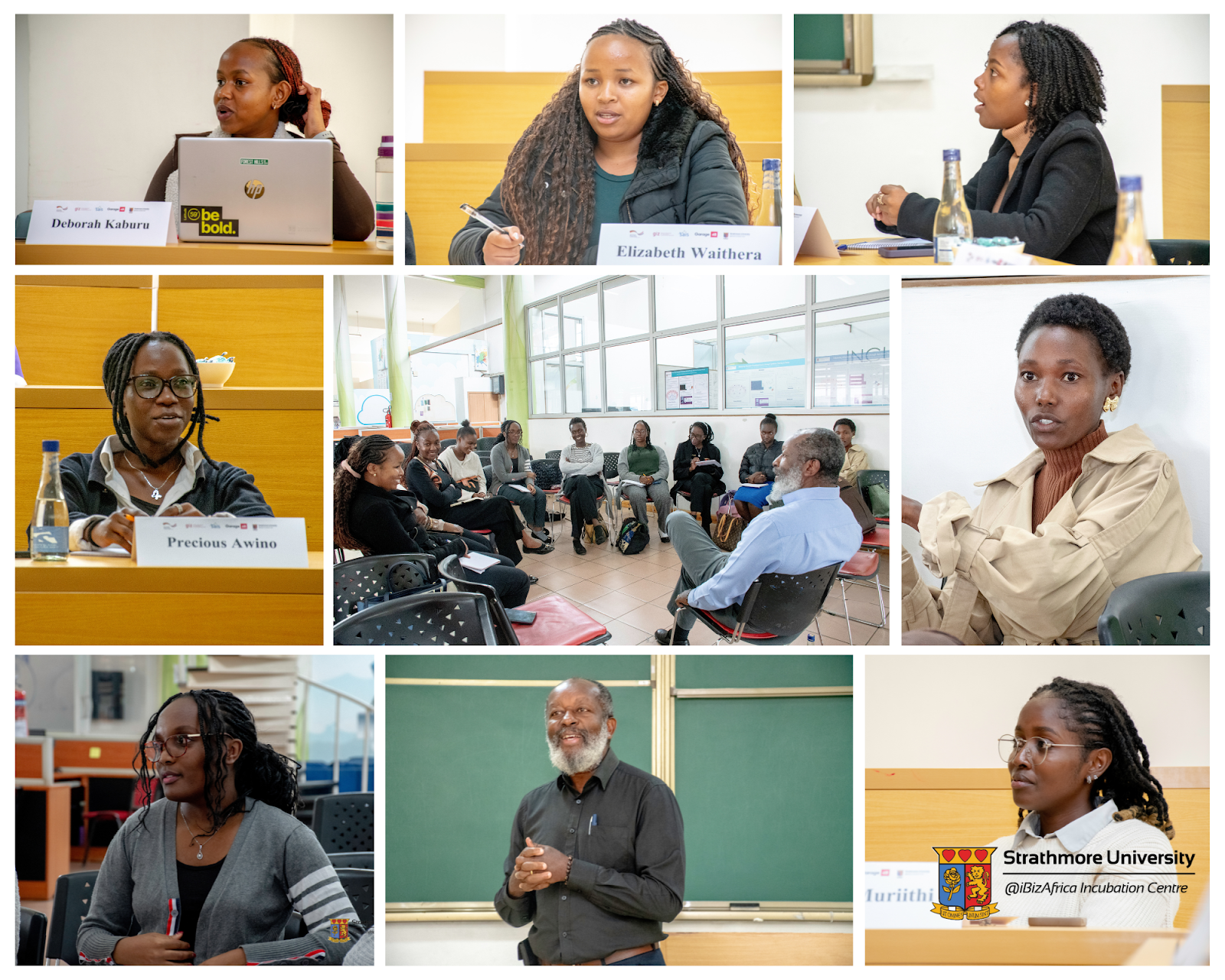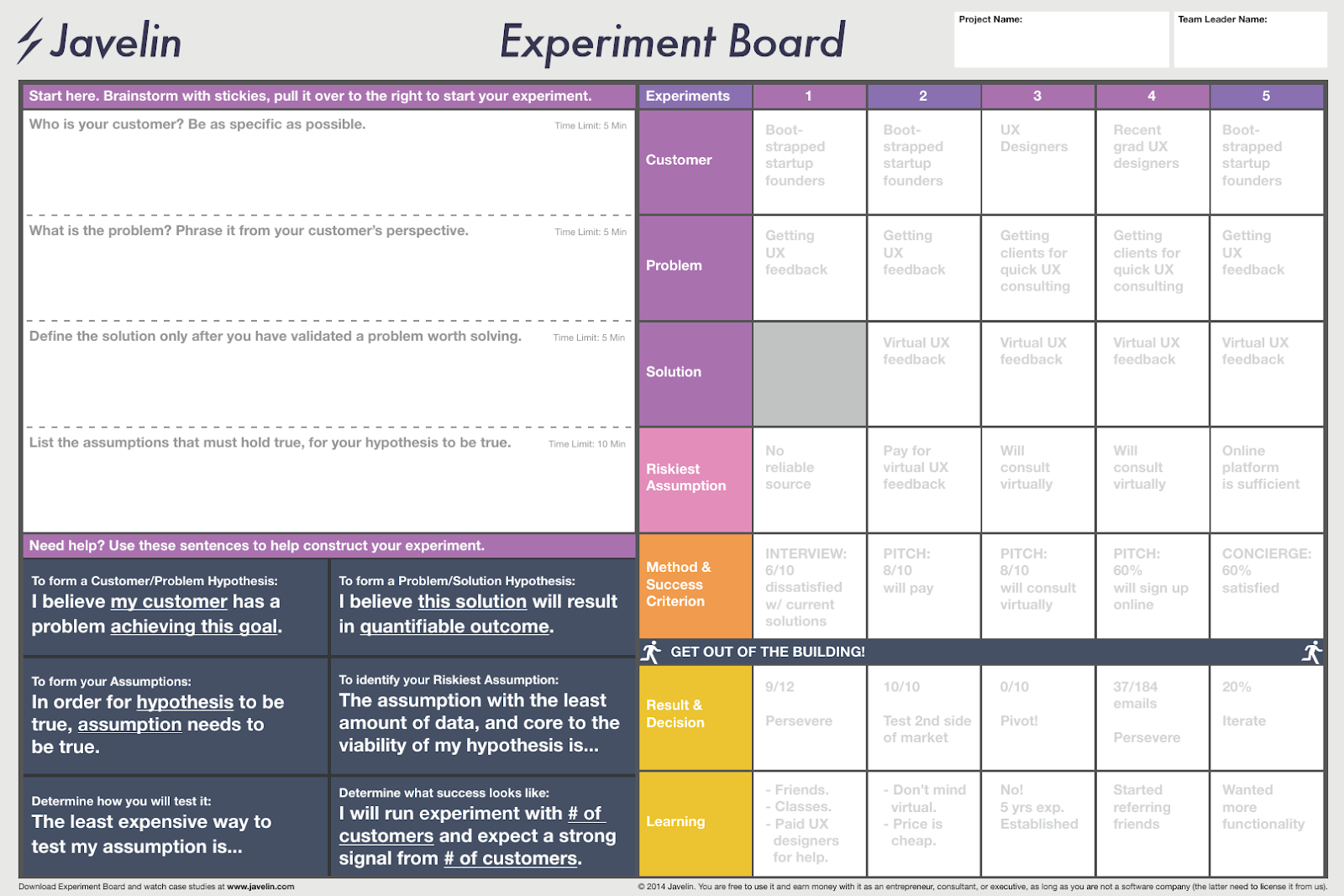In the rush to build the next big thing, many entrepreneurs fall into the same trap: they assume they know what their customers want without ever asking them.

At @iBizAfrica Incubation Centre- Strathmore University, a cohort of young women innovators is doing things differently. Through the Female Founders Academy, a three-month incubation program focused on early-stage ideas in agriculture, climate and food innovation, a group of 30 university-level founders is learning that the best businesses do not begin with solutions, they begin with questions.
And for the past two weeks, those questions have centered on a concept that could determine the fate of their startups: Customer Development.
“Don’t solve a problem in your head. Go ask your customer.”
— Robert Yawe, Trainer, Female Founders Academy
What Is Customer Development?
Customer Development is the process of validating whether a startup is solving a real problem for a real customer, and it is often where sustainable innovation truly begins.
The concept was originally introduced by Steve G. Blank in his book The Four Steps to the Epiphany. Blank, a seasoned Silicon Valley entrepreneur and lecturer at Stanford and University of California, Berkeley, developed the approach after observing repeated patterns of failure across startups that built in isolation from their users.
He defines the Customer Development Model as a set of objectives and milestones that are meaningful for a startup.. It offers a disciplined way of questioning assumptions, engaging with customers and testing ideas in the real world, long before spending time or money on a polished solution.
For the Female Founders Academy (FFA), this means shifting gears early in the program and encouraging participants to trade pitch decks for probing questions and ideas for insight.
In Kenya’s fast-moving but often informal markets, where customer needs, behaviors and constraints differ dramatically from global tech norms, this approach is essential.
The Javelin Board: A Tool for Testing Assumptions
To help guide this discovery process, founders used a hands-on validation framework known as the Javelin Board. Designed for early-stage innovators, it helps identify the riskiest assumptions behind a business idea and provides a structured way to test them through direct customer interviews.

Photo: The Javelin Experiment Board by Trevor Owens and Grace Ng of Lean Startup Machine
Using this tool, each team was tasked with:
- Pinpointing their core assumptions about the problem, customer, and solution
- Designing short experiments to test these assumptions
- Speaking to real customers, not friends or peers, to uncover patterns and pain points
“What the Javelin Board did was make our blind spots visible,” one participant shared. “We realized that what we thought was the problem wasn’t the one our customers cared most about.”
In one case, a FoodTech founder went into the field with the widely accepted belief that post-harvest losses were a major pain point for smallholder farmers. But after speaking to farmers directly, she uncovered a different story.
For many of them, once they have sold what they intended to sell, whether at the market, by the roadside, or to a broker, they no longer consider themselves to be making a loss. What is left over is often redistributed through the household, community, or simply seen as surplus.
This insight reframed her approach entirely. Instead of building a platform to reduce “waste” in a way defined by formal development research, she began rethinking how to enhance existing informal value chains that already make sense to the farmers themselves.
What Comes Next
With the customer discovery phase now complete, the cohort will soon begin exploring how to turn their insights into viable business models. Over the next two weeks, they will dive into sessions on business modeling, learning how to define their value propositions, map customer segments and start thinking about what it actually takes to deliver and sustain their solutions.
The journey is far from over. But if the past two weeks are anything to go by, it is clear that this cohort is learning to build with intention, not assumption.
Stay tuned, as we continue to follow the founders through this journey, we will share lessons from the business modeling phase and the next chapter: prototyping real, user-informed solutions that are tested in the market they are meant to serve.
About the Program:
The Female Founders Academy is implemented by @iBizAfrica Incubation Centre- Strathmore University and Garage48 with support from Deutsche Gesellschaft für Internationale Zusammenarbeit (GIZ) and the Scaling Digital Agriculture Innovations through Startups (SAIS) initiative. The 2025 cohort focuses on university-age women with early-stage ideas in AgTech, FoodTech, and ClimateTech.
